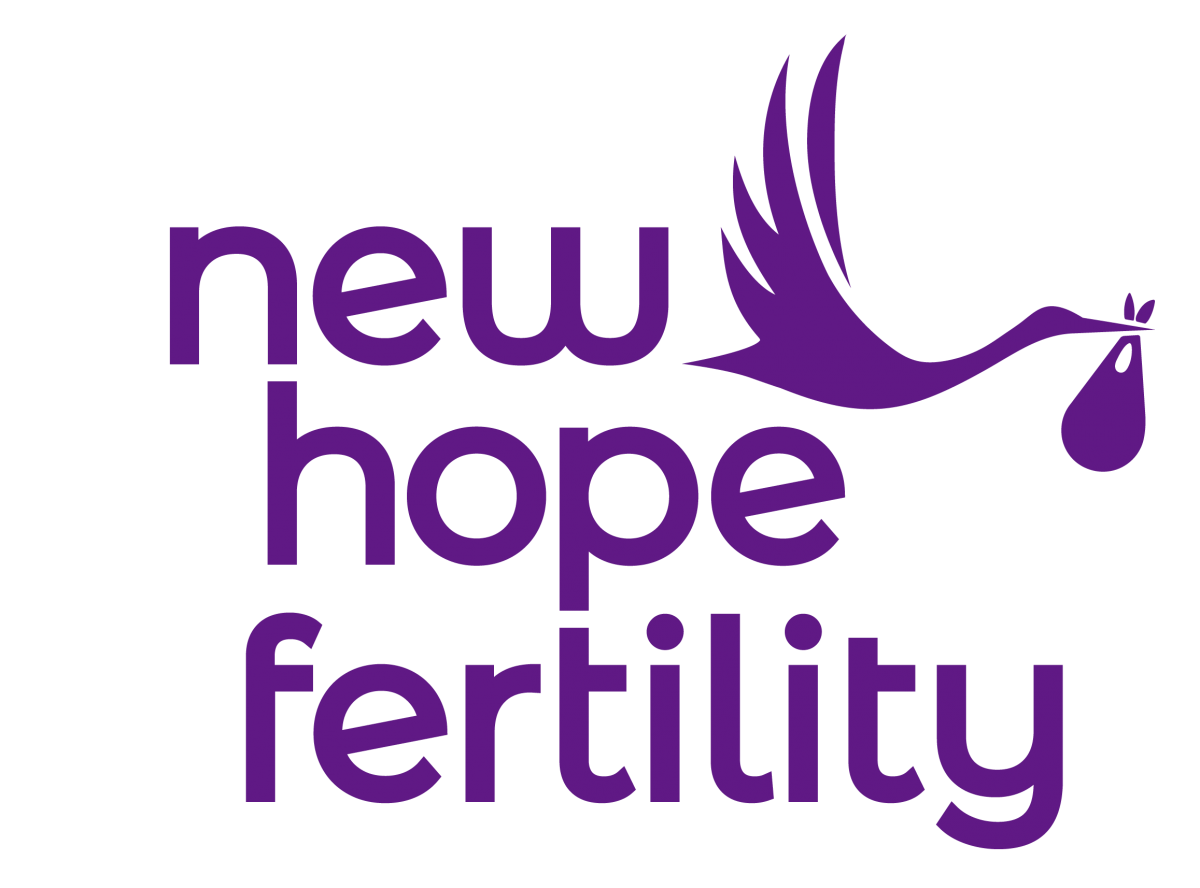To optimize a woman’s chances of getting pregnant, taking better care of her body is a good first step. Here are some fertility tips to help you get pregnant.
Customized IVF care is the best. It only takes one good egg and one healthy sperm to make a baby. Our focus is to help you produce good quality eggs during a fresh IVF cycle – not a high quantity of eggs using large doses of injectable fertility medications.
Tips To Get Pregnant:
-
Record Menstrual Cycle Frequency
- Monitor your periods regularly. Eggs are only fertile for 12 to 24 hours after they’re released. However, sperm can survive in a woman’s body for up to five days.
-
Monitor Ovulation
- If you have regular cycles, you ovulate about two weeks before the arrival of your periods. It’s harder to predict ovulation if you have irregular cycles, but it usually occurs 12-16 days before the start of your next period.
- There are a few methods you can use to help determine their ovulation window each month:
- Ovulation-prediction kits can be purchased at most drug stores
- Tracking your cervical mucus by looking for a slippery appearance.
-
Have Sex Every Other Day During the Ovulation Window
- Your ovulation window spans a six-day interval, the five days prior to ovulation and the day of ovulation.
- Fertility tracking apps can also be used to determine your ovulation window.
-
Strive for a Healthy Body Weight
- Being overweight can reduce the odds of conceiving, but being too thin can make it even harder to have a baby.
- Research shows that if you are overweight it can take twice as long to become pregnant as a woman whose BMI is considered normal. Likewise, women who are too thin might not be getting regular periods or could stop ovulating.
-
Take Prenatal Vitamins
- If you are attempting to conceive, you should start taking a prenatal vitamin even before becoming pregnant. This way you can find one that’s more agreeable for your system and stay on it during pregnancy.
-
Eat Healthy Foods
- Eating a specific fertility-promoting diet can help prepare your body for pregnancy by providing critical nutrients such as calcium, protein, and iron. This means eating a variety of fruits and vegetables, lean protein, whole grains, dairy, and healthy sources of fat.
-
Cut Back on Strenuous Workouts
- Being physically active most days of the week can help your body prepare for the demands of pregnancy and labor. But doing frequent strenuous workouts could interfere with ovulation.
-
Be Aware of Age-Related Fertility Declining
- As women get older their fertility dramatically decreases because of age-related changes in the ovaries that cause a decline in the quantity and quality of their eggs.
- There’s a gradual fertility decline in women beginning in their 30s, a sharper decline after age 37, and a steep decline after age 40. These declines mean it could take longer to become pregnant.
-
Kick the Smoking & Drinking Habits
- Smoking can lead to fertility problems in both women and men. Chemicals found in cigarette smoke, such as nicotine and carbon monoxide, speed up the loss rate of a woman’s eggs. Smoking ages a woman’s ovaries and depletes her supply of eggs prematurely. It’s safest for a woman to avoid alcohol when she is hoping to become pregnant. Once a woman becomes pregnant, there’s no safe amount of alcohol.
-
Infertility Awareness
- Pregnancy success is reliant on the following variables:
- Age
- Infertility diagnosis
- History of previous pregnancies
- History of previous miscarriages
- Number of failed IVF cycles – fresh and frozen embryo transfers
- Number of embryos transferred in a single cycle
- IVF protocol recommended
- Gender selection
- Pregnancy success is reliant on the following variables:
Customized IVF Treatment:
Since every patient’s personal, medical, and financial needs are different, we offer customized IVF treatment for all of our patients.
New Hope Can Offer You:
It is important to work with a fertility team having the research and clinical experience required to design a customized fertility treatment plan meeting your personal needs.
Here at New Hope, our world-renowned fertility specialists will guide you through the most successful path. To schedule your initial consultation with fertility preservation experts, call us at (212) 517-7676 or visit our website.

